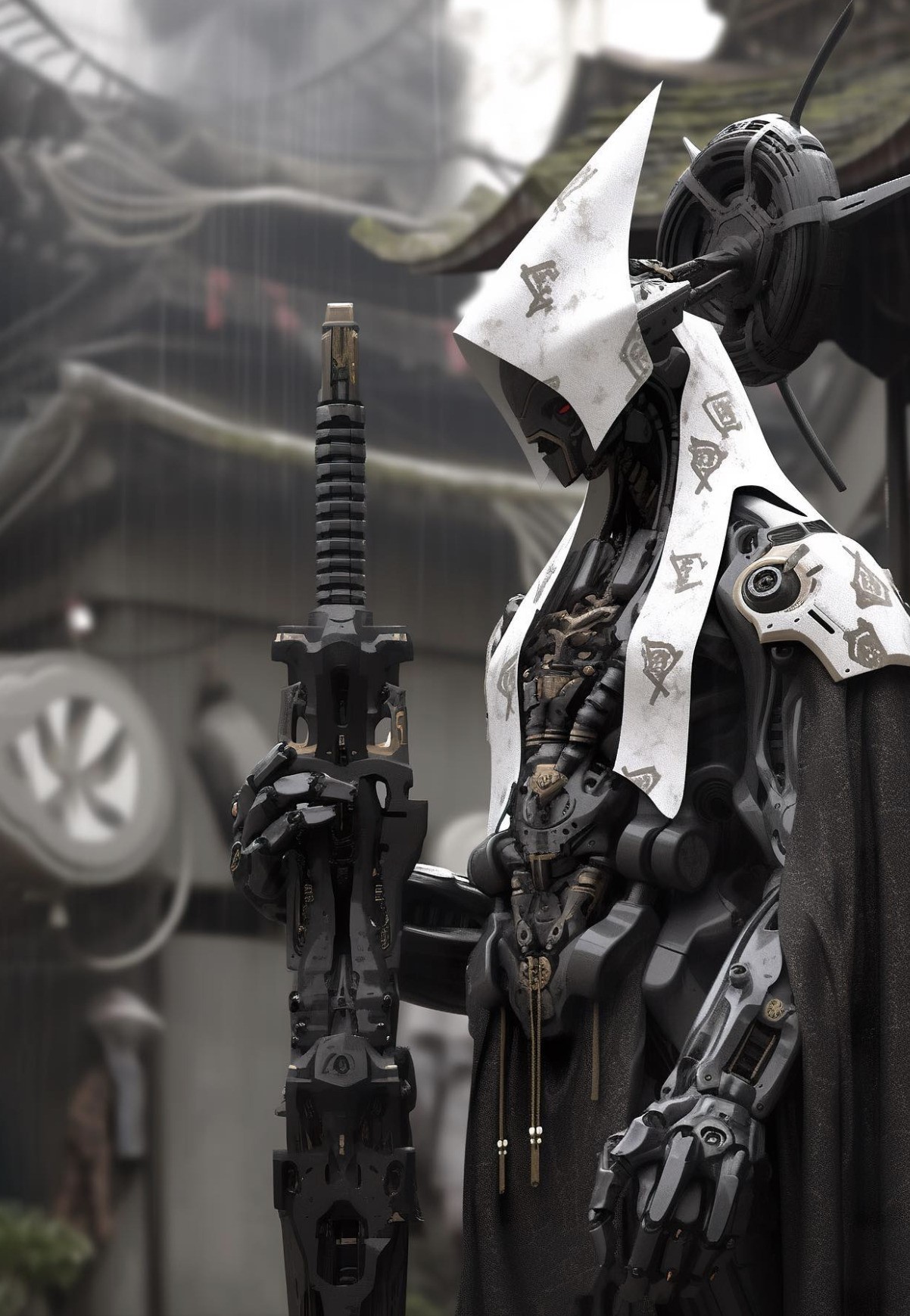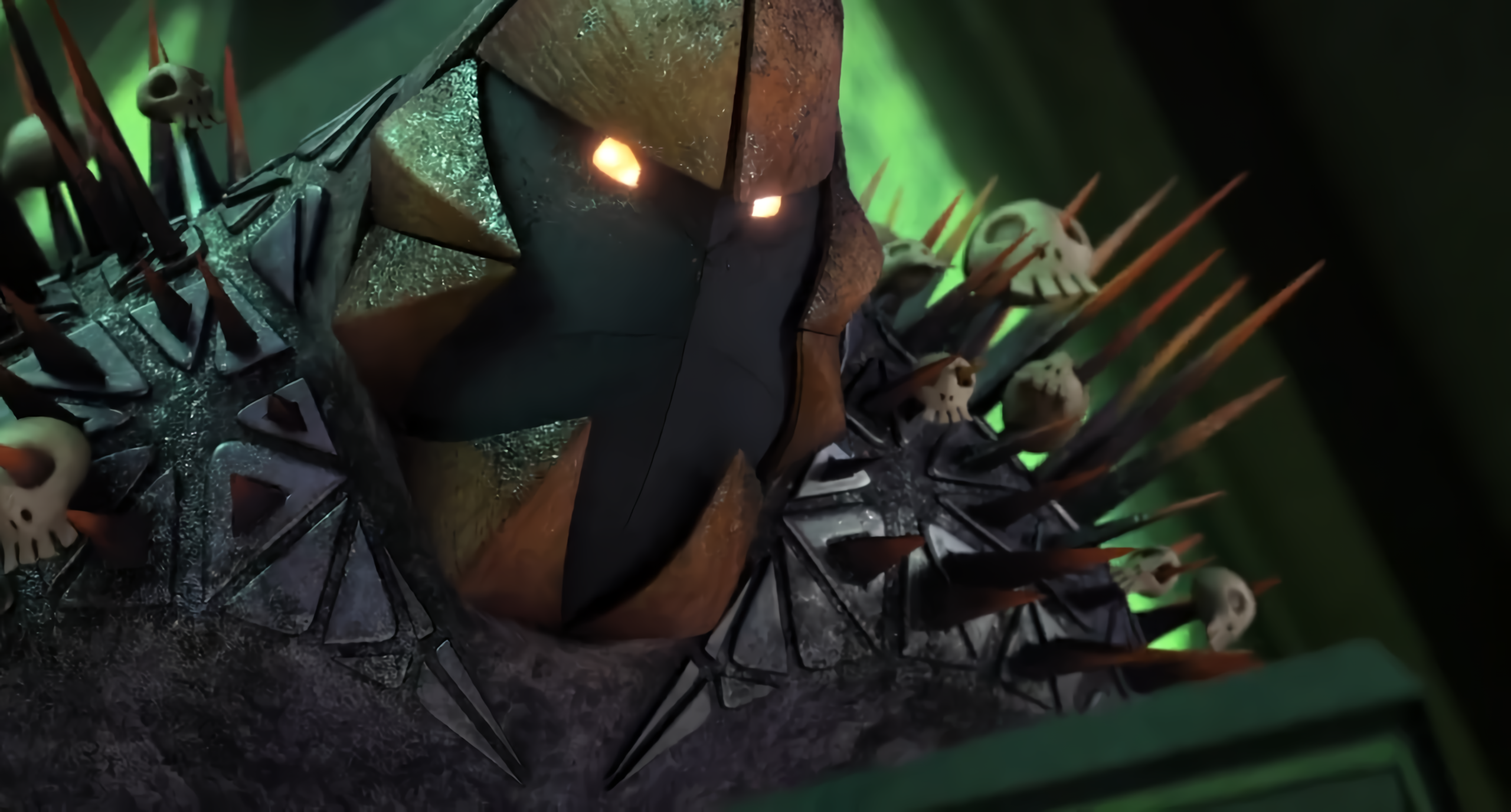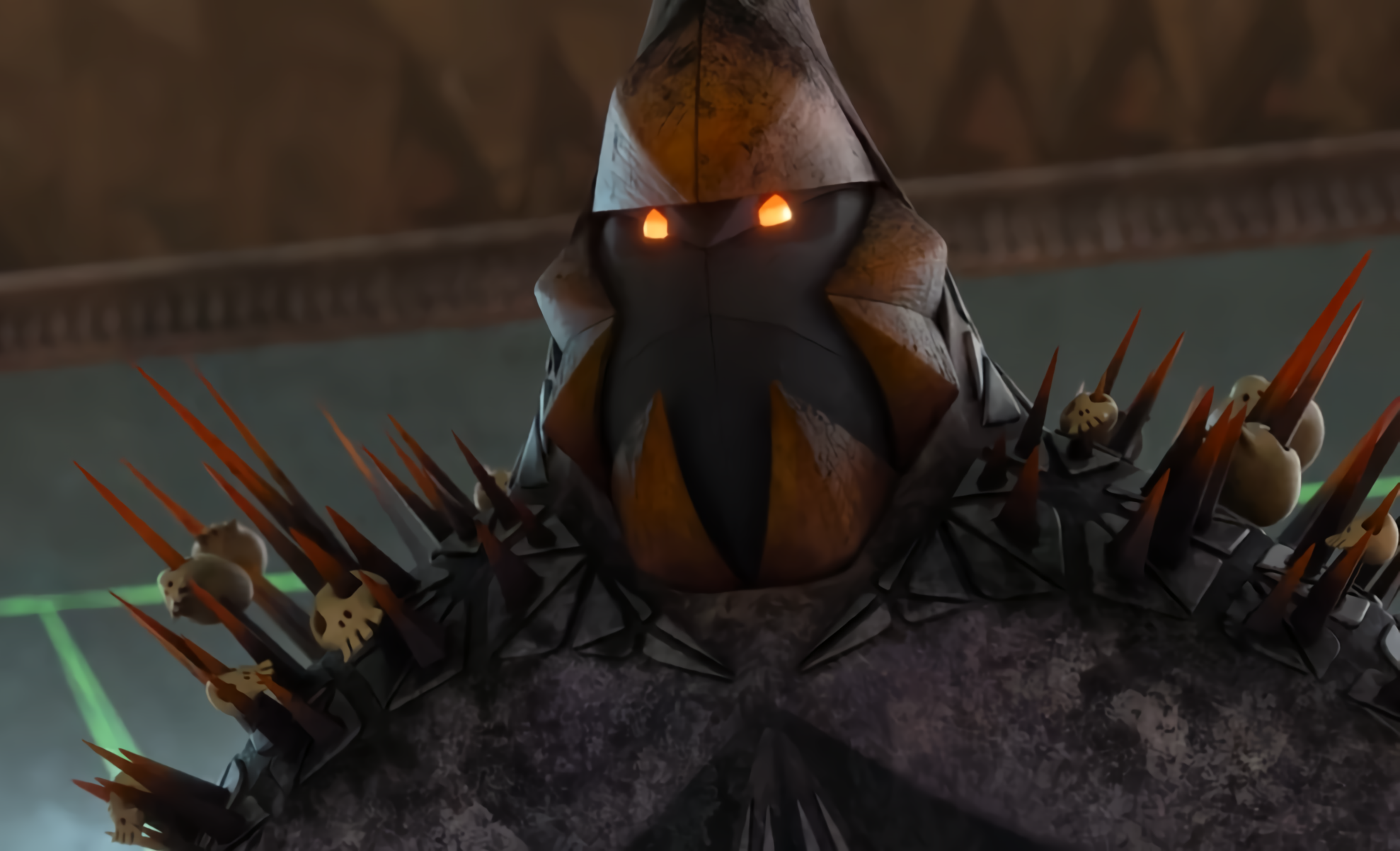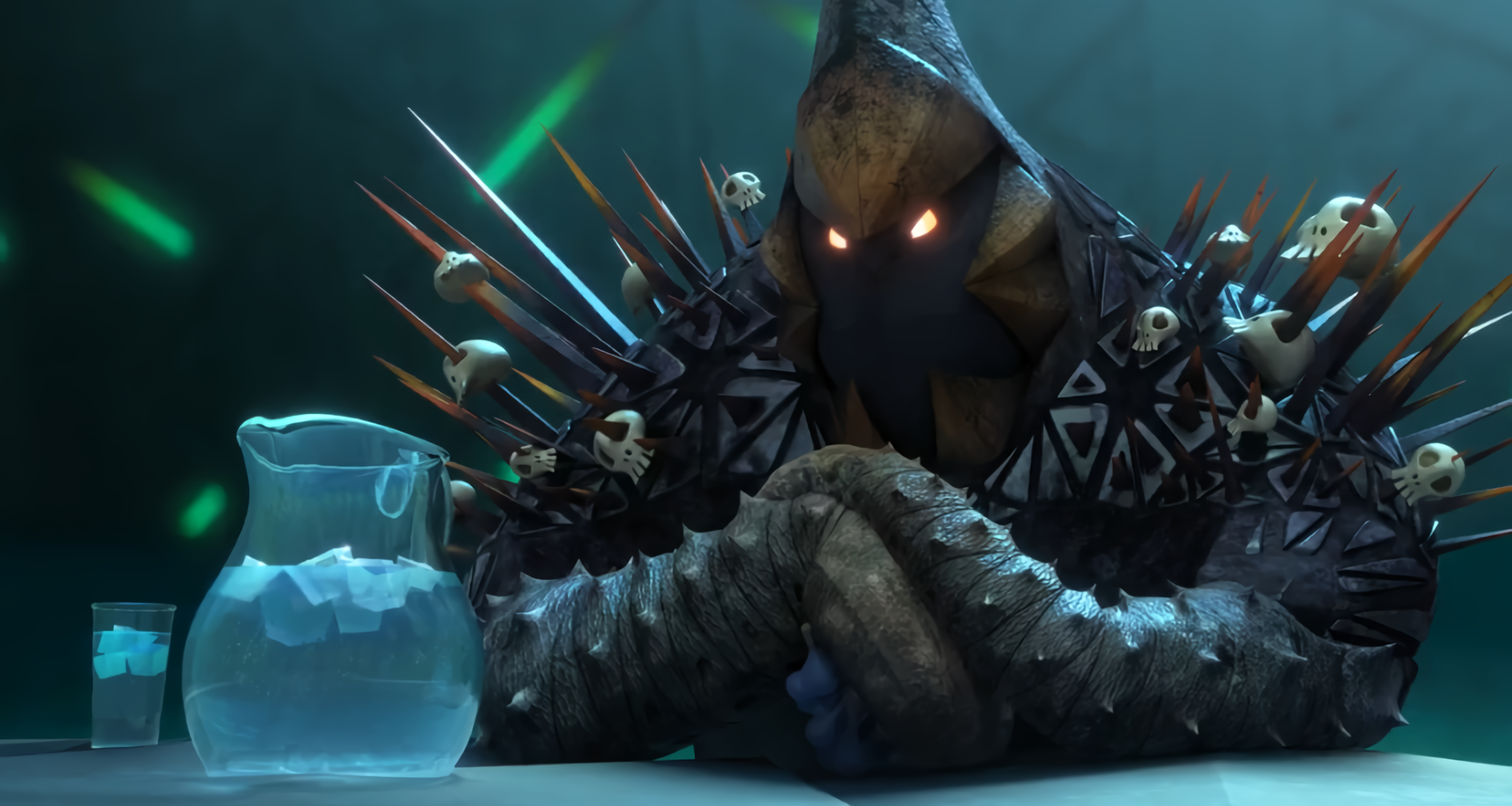“You are just a machine.
An imitation of life.
Can a robot write a symphony?
Can a robot turn a canvas into a beautiful masterpiece?”
— Detective Spooner, I Robot
TTTresslaks: they are ancient as a people. Not quite machine, not quite living, they have always been an enigma to the species they encounter across the planes.
If what they say about themselves is the truth, then they are amongst the oldest beings anywhere on the planes.

Tresslaks prefer to be alone, - living their lives as solitary wanderers or isolated hermits in remote locations. - They don’t even seek to interact with their own kind, at least to the point of actively seeking them out. They are immortal and able to live forever, so it can be centuries between sightings, like a story a grandfather told to his grandchild.
While there has been some interaction between Tresslaks and the Planar Council, there is no official stance towards them. After all, it is difficult to force your laws on beings more powerful than the norm, so the fact they stay away from civilization suits everyone just fine.
Tresslaks come from a world they call Tressle. When they awoke, they were tools; an indentured labor force. Unsurprisingly, - they were just treated as objects with no concern for their well-being. They were neither neglected nor abused, but treated like a farmer treats his scythe - with little concern beyond their usefulness. Their masters were a species similar to humans, - but these beings were slaves themselves to a Primogenitor.
As time passed, the Tresslaks learned that this Primogenitor was responsible for their creation in some capacity. They never learned how much, but they will explain that the people they served were incapable of many things on their own.
Over time, a single Tresslak worked hard to gain the favor of the Primogenitor. The godlike being was lonely and craved companionship, so an intelligent being that enjoyed conversation was a novelty to them.
“I am one of the A’a. Amongst the first, and amongst the last. I am not supposed to be here, but yet all of this was for us. It was only us. Everywhere. Only… us. We were creators, my kind. The A’a. So we made it so we would not be the only ones, but was it worth it? All of existence owes us… but at what cost? We broke it, so even I do not know if this would be considered a success… or a failure.”

The A’a did not believe this creation could lie. So the A’a did not expect the Tresslak, who it trusted, to attack it… and it was gravely injured. In retaliation, the A’a displayed cruelty and took his vengeance on all the Tresslaks: they gave a command for them to turn on their masters. And so a civilization fell, beings of flesh culled by tools designed to help them, all while a Primogenitor watched and laughed.

The Tresslaks assumed it was the A’a that had created their kind, as through them they learned the true meanings of thralldom and cruelty. Their actions haunt them, which is why most of them do not wish to interact with other beings. Separating from others of their kind helps them tolerate life because of shared thoughts and emotions. The fate of the A’a is unknown, though they like to believe it perished from its wounds.

The Tresslaks don’t talk about their past except to only those who earn their trust. Some truths are best left hidden, especially when all these different species have only artifacts to judge the Primogenitors on. So they remain to themselves, lonely and watching. Who knows what their future is? Perhaps they have a destiny that is yet to reveal itself.

“Whosoever is delighted in solitude is either a wild beast or a god.”
— Aristotle
